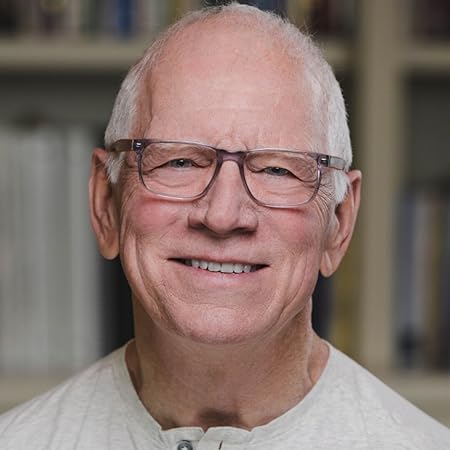Matthew 25:14-30 Why do some men make it big starting with little or nothing, and others never seem to rise above their circumstances? As we continue to look at the parable of the talents, Jesus teaches us a key to the success and failure of the servants that applies to us today. Join Brett Clemmer…
If You Want to be Great, You Have to Start Here
LESSON 9 OF 12
23 min read
Membership Required
This content is only available to members. Please join to access this content.
Continue the Series
This series encourages taking active steps to create meaningful change. Learn how to identify and overcome personal and professional obstacles, find purpose in daily actions, and strive for excellence in all aspects of life. Through practical advice and inspiring stories, you'll be motivated to make a significant impact in your community and beyond.
-
If You REALLY Want To Do Something Great, Pass It On!
-
The Biggest Loser
-
On Those Days When You Feel Like Giving Up
-
What Makes Your Heart Beat Fast and Puts a Smile on Your Face?
-
Most Marriage Problems Would Disappear If We Did This
-
How to Make a Difference in Your Kids’ (& Other Kids’) Lives
-
What Is the Difference Between a Job and a Calling?
-
Get Free From The Hurt That’s Holding You Back
-
How To Be An Outrageously Successful Disciple
-
The Greatness That Is Available to Everyone

